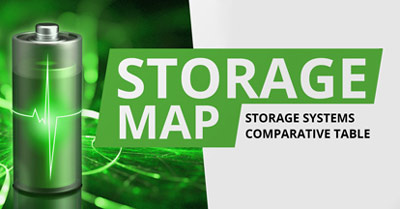SOLARWATT GmbH is one of the pioneers of the solar industry thanks of a successful restructuring in 2012.
The company is based in Dresden and has responded to the changes in the solar market by witdrawing all solar modules from the mass market.
SolarWatt now offers complete photovoltaic packages for residential customers and small businesses.
Mr Stefan Quandt, who has been involved with the company since 1998, has held a majority of its shares since early 2013.
Operating’s capacity growing thanks also to the partnership
SOLARWATT GmbH now operates at full production capacity, which is partly thanks to its strong partnerships, including with BMW.
The partnership is centred on the provision of photovoltaic solutions for roof-mounted installations and carports for customers of the Munich-based car maker.
In 2015 SOLARWATT also acquired the French and Benelux divisions of Centrosolar Group.
Solutions for answer market requests
The increasing complexity in the energy efficiency field and the expansion of different energy sources, create an ongoing need for new solutions: SOLARWATT GmbH has developed the SolarWatt Energy Manager to address this market.
The energy management system measures household energy flows and adjusts them to maximize the solar power usage as possible.
It is a system based on the requirements of the final customer. All the data are presented in a simple way in the Energy Portal, the Energy Manager’s intuitive graphic interface.
Once it has been setted, the system works automatically and can be controlled at any time via tablet, smartphone or desktop computer.
Furthermore, the Energy Manager can be adapted to individual user needs and can be extended by means of various additional modules.
SOLARWATT Glass-Glass modules
SOLARWATT GmbH is also offering the SolarWatt 60M high power module with an output of 300 watt peak (Wp) since February 2016.
The German solar pioneer is now the first company which produces a glass-glass model with these characteristics. SOLARWATT glass-glass modules are extremely durable and resistant to environmental influences.
After a damp heat tests (DHT) lasted 5,000 hours under intensified conditions, the 60 monocrystalline solar cells lost less than one percent of their output.






